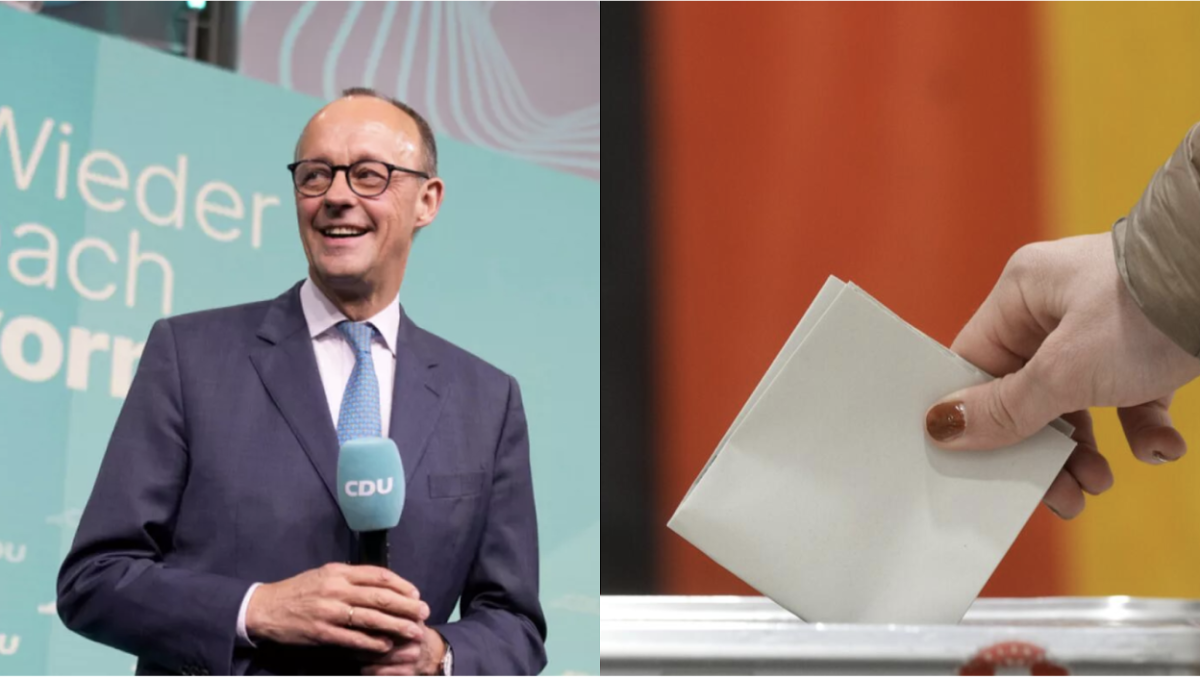On Feb. 24, the Christian Democratic Union (CDU) won the 2025 Federal Elections for the German parliament, also known as the Bundestag. The CDU, led by Friederich Mertz, received 28.52 percent of all votes, with Alternative for Germany (AfD) and Sozialdemokratische Partei Deutschlands (SPD) as runner-ups.
The election results sparked global attention as it signified a political shift from the Social Democratic Party (SPD), which upholds liberal values and policies, to the CDU, which upholds conservative values. US President Donald Trump congratulated the CDU’s win, referring to them as the “conservative party of Germany” on a social media post, further stating, “Much like the USA, the people of Germany got tired of the no common sense agenda, especially on energy and immigration.”
However, further spotlight was put on CDU’s leader Friederich Mertz as a candidate for becoming the Chancellor of Germany. This prediction was brought upon by the fact that throughout Germany’s history, leaders of the party selected to be part of the Bundestag became the Chancellor. For instance, current Chancellor Olaf Scholz took office the same year the SPD won elections in 2021.
Ultimately, the election of CDU serves as a turning point in Germany’s political direction, as its conservative ideologies differ from the progressive policies that the SPD under Olaf Scholz is propelling.


